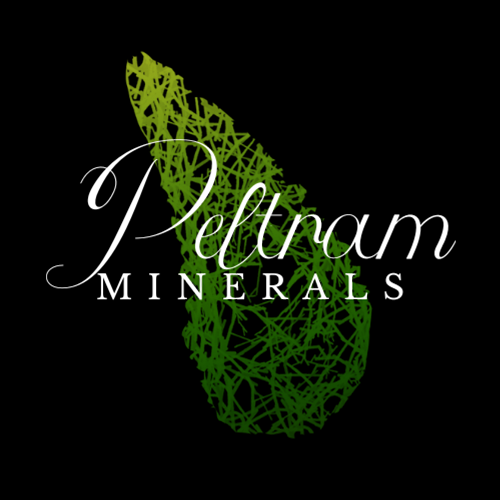Aquamarine – Erongo, Namibia
Locality: Erongo, Namibia
Dimensions: 3,8 x 3,7 x 4,6 cm
| Category: | On a pedestal |
|---|---|
| Color: | blue |
Aquamarines from Namibia are highly prized gems due to their purity, colour and quality. Erongo, a volcanic region in central Namibia, is known for its rich mineral deposits, and aquamarine is one of the most sought-after of these. This gemstone is a variety of beryl and its beautiful blue-green colour is reminiscent of the colour of the sea, hence its name - "aqua marina" means "sea water" in Latin.
Characteristics
Erongo aquamarines are characterised by their beautiful blue-green to light blue colour. The intensity of the colour can vary according to the amount of iron contained in the gemstone. High-quality specimens are rich in colour and transparent. Aquamarines from this region are known for their high purity, making them very attractive to jewellers and mineral collectors. They can be cut into different shapes and used in jewellery where their transparency and colour stand out. Erongo crystals can reach quite large sizes.
Geological significance
The aquamarines of the Erongo area were formed as a result of magmatic processes and hydrothermal activities that took place in this volcanic area. The crystals form in association with pegmatites, which are coarse-grained igneous rocks where aquamarine and other minerals such as tourmaline and fluorite crystallise.
Compositions
Aquamarine from the Erongo area of Namibia often forms compositions with other minerals commonly found in the pegmatites of the area. The most common combinations include:
- Black tourmaline (scoria): In the Erongo area, aquamarines are often found together with black tourmaline. Crystals of tourmaline and aquamarine can develop side by side in the pegmatites, creating an attractive contrast between the clear blue of the aquamarine and the darker shades of tourmaline.
- Smoky Quartz: This combination is popular with collectors. Transparent or translucent smoky quartz crystals are often found alongside aquamarine, adding to the aesthetic value of the overall composition.
- Fluorite: This mineral is also often found alongside aquamarine in the Erongo pegmatite region. Fluorite adds new colours such as green or purple to compositions, complementing the blue hues of aquamarine.
- Muscovite: Muscovite crystals, which have a silvery appearance, are another mineral that forms compositions with aquamarine. Muscovite petals create a beautiful contrast with the blue colour of the crystals.

















